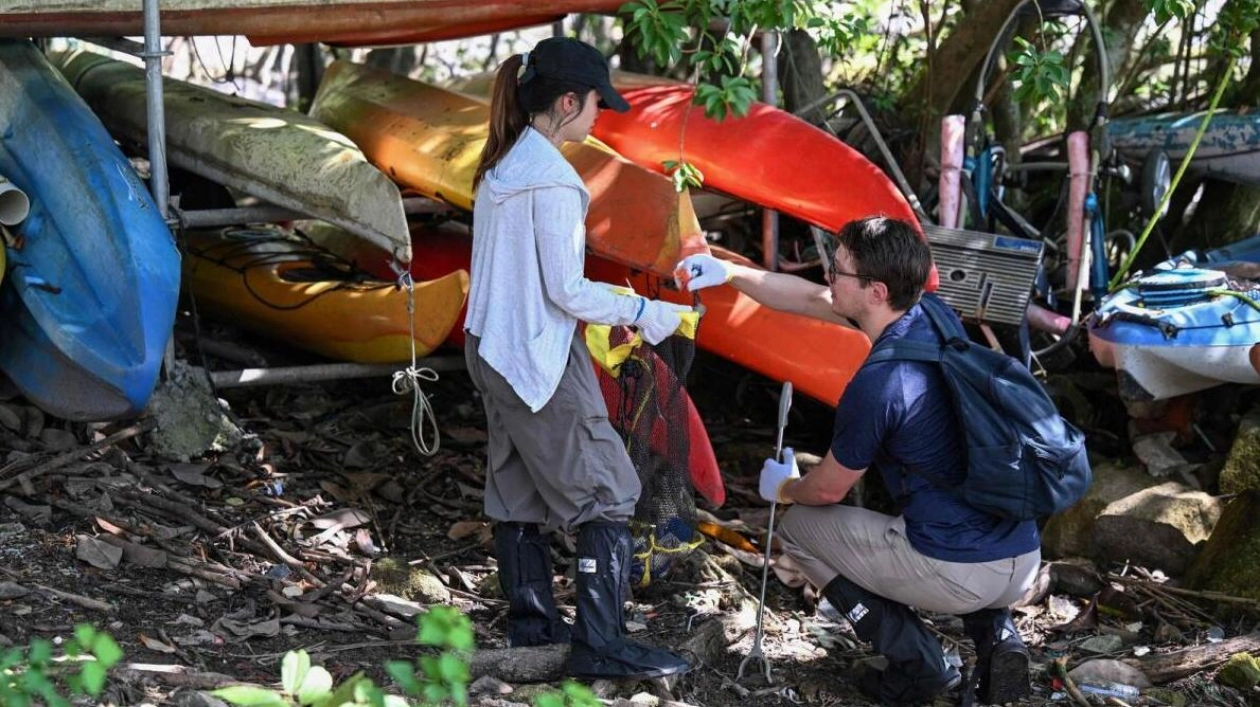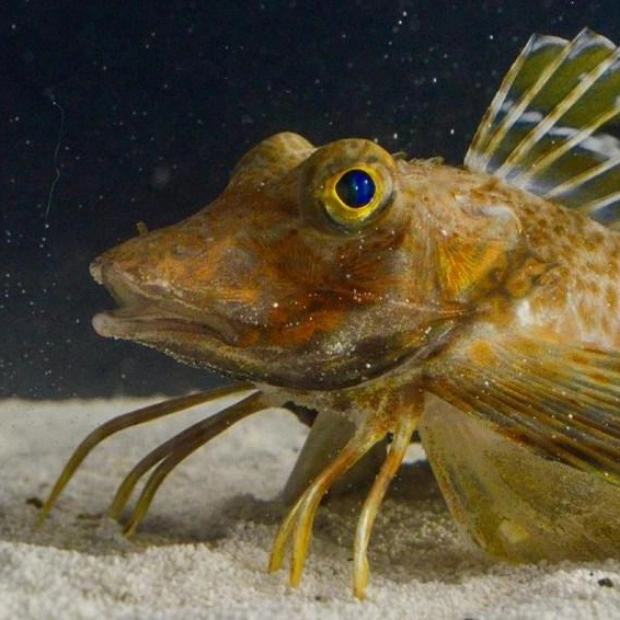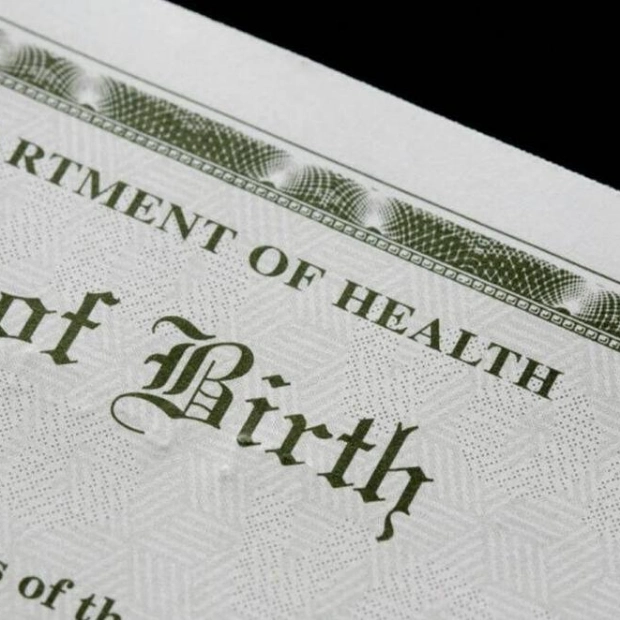Microplastic particles were found in the majority of waste samples taken from Hong Kong wildlife in a Greenpeace study, the group announced on Monday, indicating that animals continue to ingest plastics even if they are not feeding in urban areas.
The report was issued ahead of November discussions in South Korea, where governments aim to finalize a potentially groundbreaking agreement addressing the issue of plastic pollution. The scope of the problem is immense—microplastics have been detected in the deepest ocean trenches, on the highest mountain peaks, in the atmosphere, and even in breastmilk.
Although Hong Kong is renowned for its skyscrapers, it also boasts extensive undeveloped countryside inhabited by animals such as buffalo, boars, wild cattle, macaques, and porcupines—species included in the Greenpeace survey. The group, in collaboration with researchers from local and Taiwanese universities, collected 100 faeces samples from seven locations in 2022, discovering that 85% of them contained microplastics, according to a Greenpeace press release.
"The results of this study are significant, demonstrating that wild animals can ingest microplastics in rural areas, far from urban zones and human activities," said researcher Christelle Not from the University of Hong Kong. "As more studies reveal microplastics in various natural environments, wildlife, and even human bodies, plastic pollution has emerged as a global issue that requires urgent attention," she added, advocating for "a robust global plastic treaty" to help achieve reduction targets.
The most prevalent types of microplastics identified in the Greenpeace study were polyethylene and polypropylene, commonly used in single-use packaging, takeaway containers, and disposable utensils. During a recent AFP visit to Pui O River on Hong Kong's Lantau Island with researchers, buffalo were observed bathing in the stream near plastic debris scattered along the banks.
"If animals ingest microplastics from their environment, these could infiltrate our ecological system layer by layer and impact human health," Greenpeace campaigner Leanne Tam told AFP. The precise effects of microplastic particles on human health and the environment remain largely unknown.
Hong Kong, a city of 7.5 million people, disposes of more than 2,300 tonnes of plastic waste daily, according to the government's 2022 waste report. In April, the city implemented a ban on polystyrene utensils in restaurants for both dine-in and takeaway customers. However, a comprehensive ban—which would encompass more plastic materials used by businesses—"still lacks a definitive timeline," according to Greenpeace.






